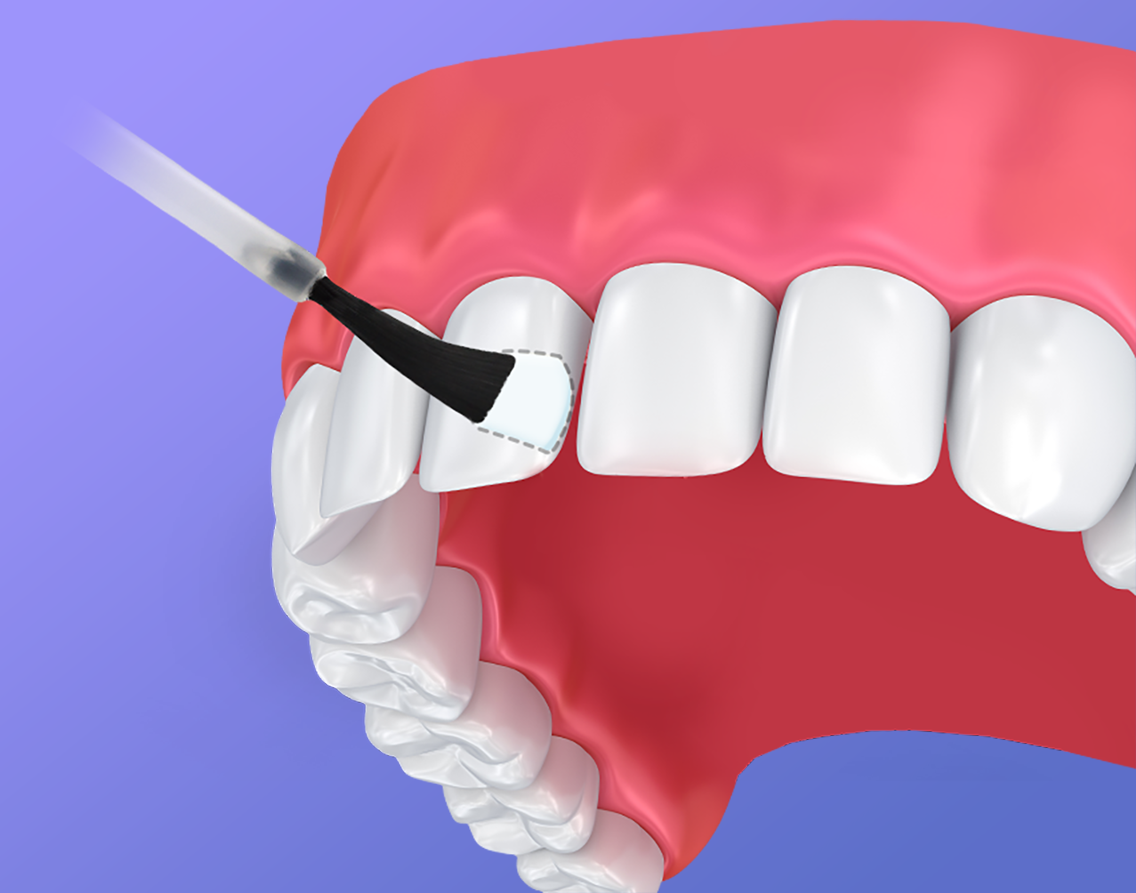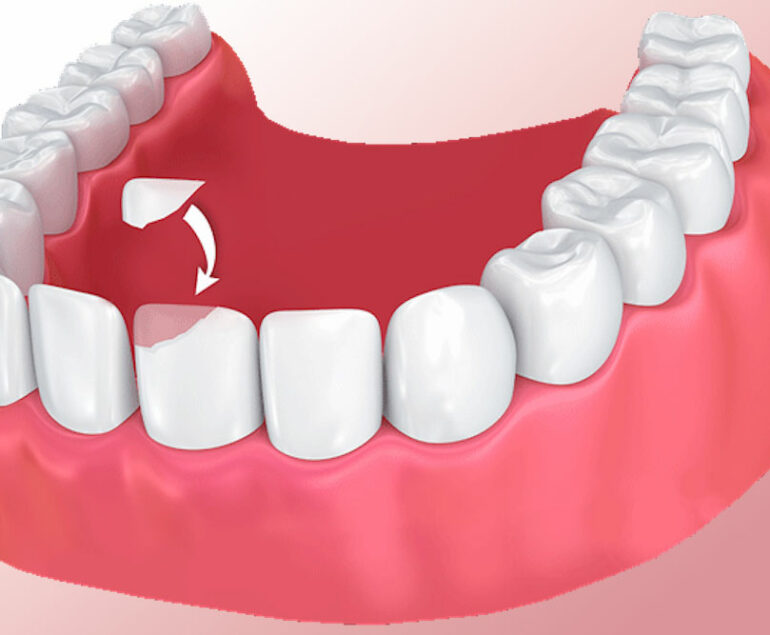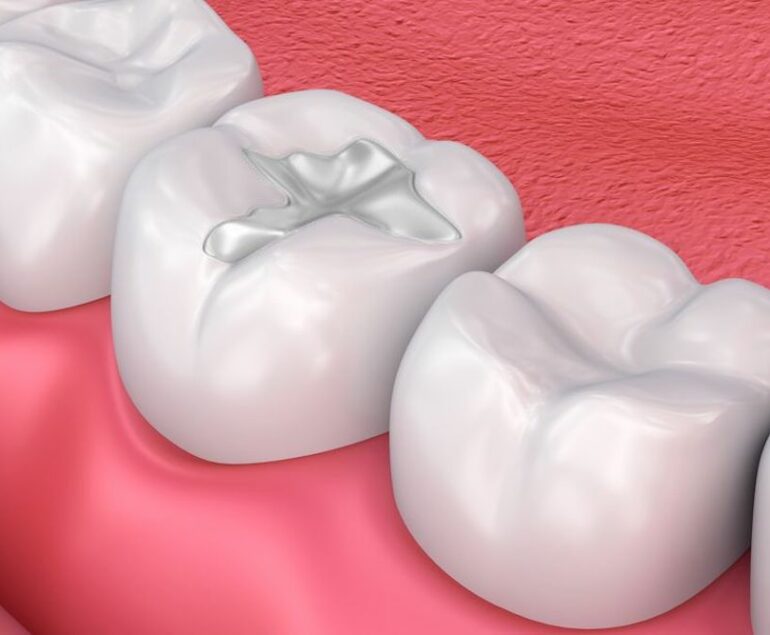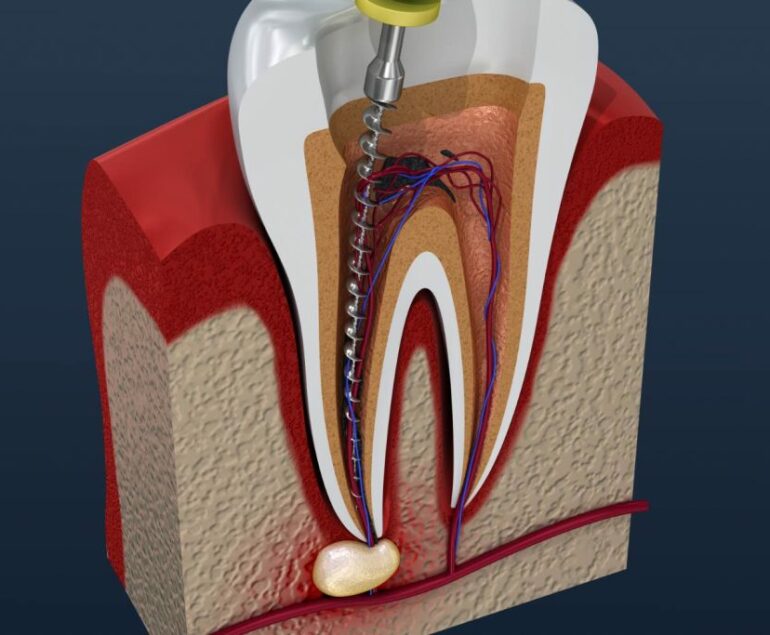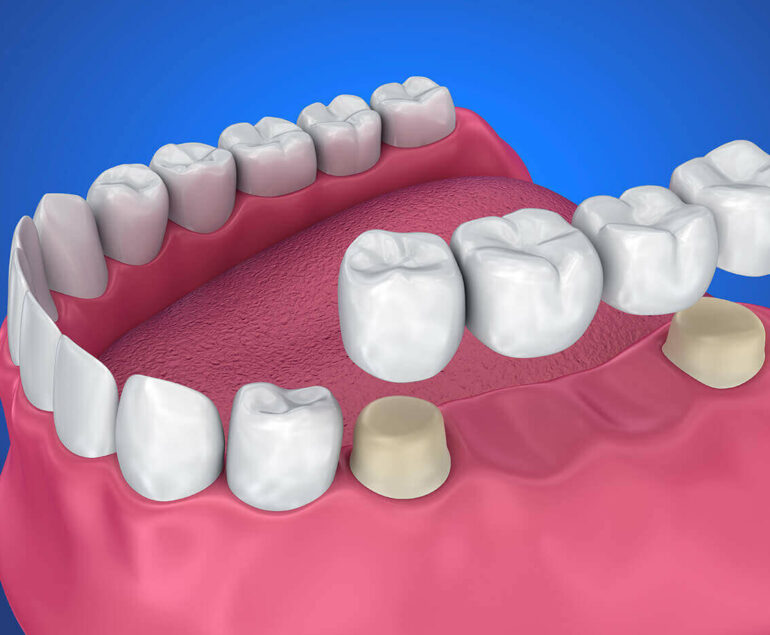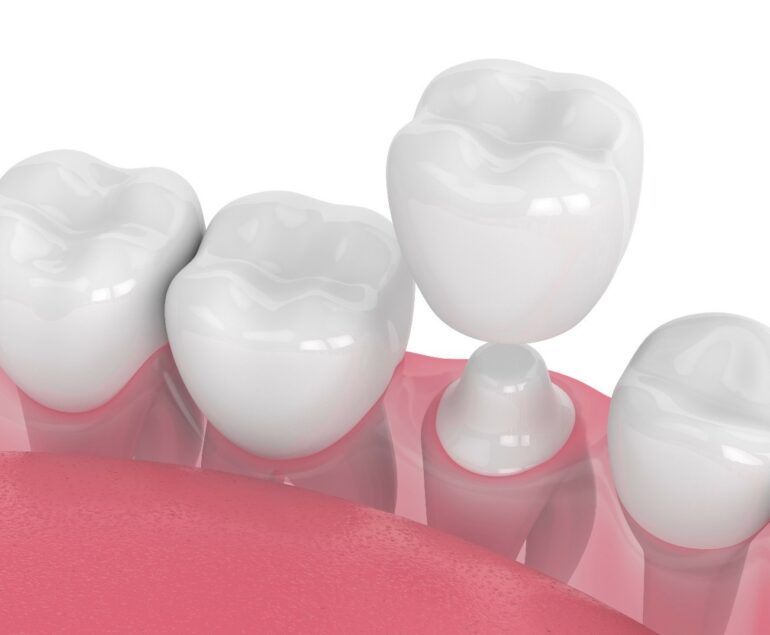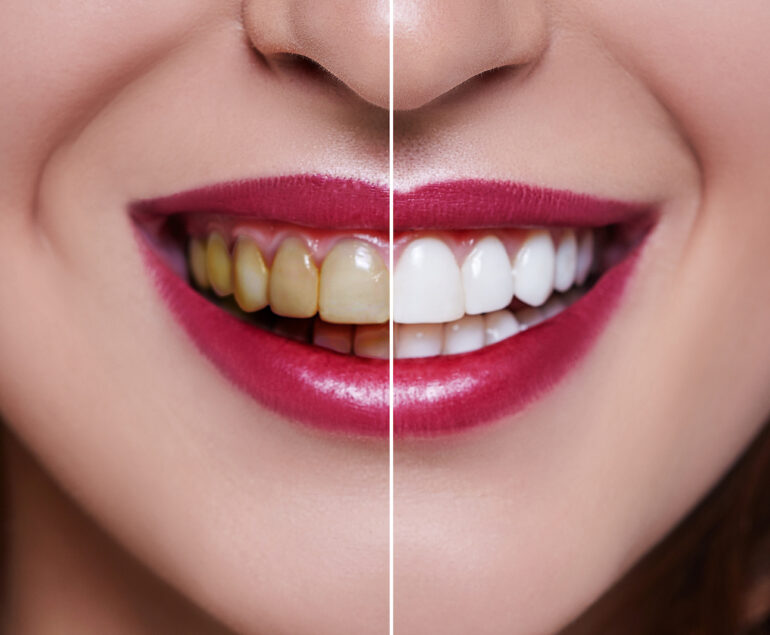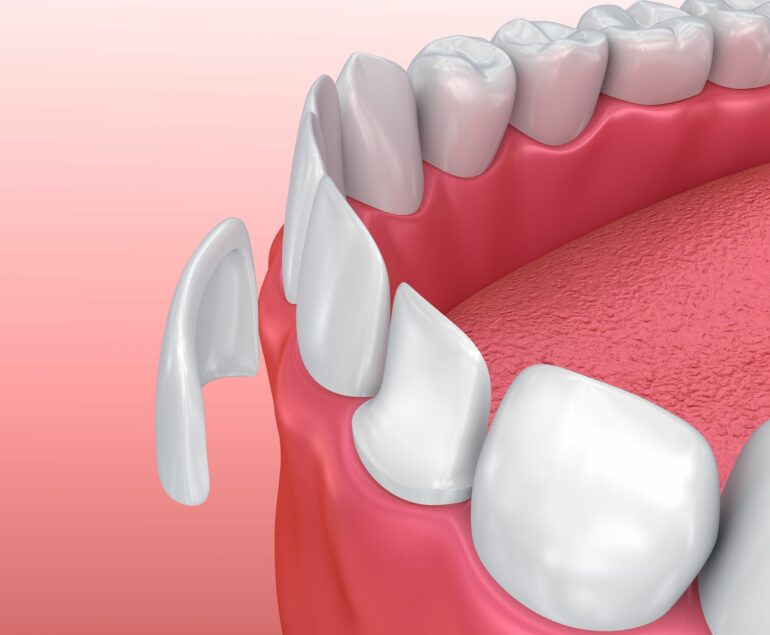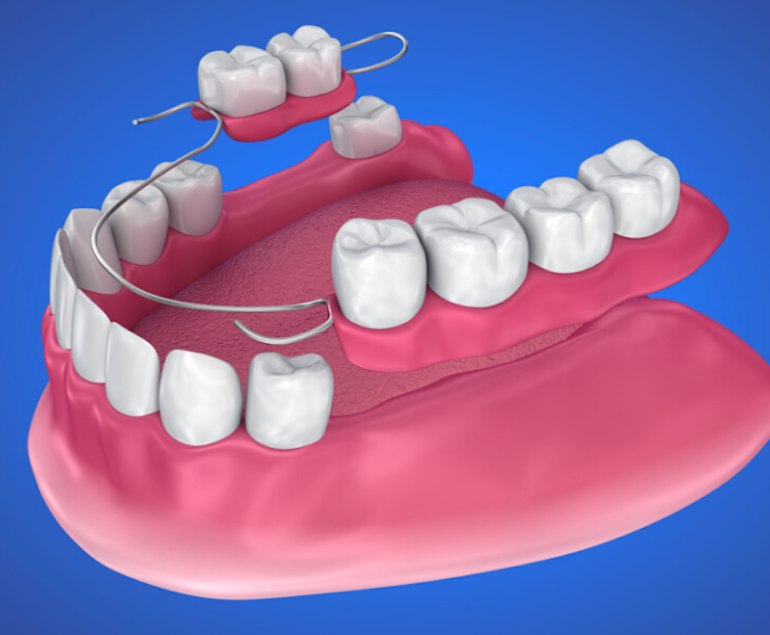Fluoride Treatment
Fluoride is a natural mineral that builds strong teeth and prevents cavities. It’s been an essential oral health treatment for decades. Fluoride treatment supports healthy tooth enamel and fights the bacteria that harm teeth and gums. Tooth enamel is the outer protective layer of each tooth.
Fluoride is especially helpful if you’re at high risk of developing dental caries, or cavities. Cavities occur when bacteria build up on teeth and gums and form a sticky layer of plaque. Plaque produces an acid that erodes teeth and gum tissue. If the plaque breaks down the enamel layer, bacteria can infect and harm the nerves and blood at the core of the tooth.
What happens during a professional fluoride treatment?
We provide professional fluoride treatments in the form of a highly concentrated rinse, foam, gel, or varnish. The treatment may be applied with a swab, brush, tray, or mouthwash.
These treatments have much more fluoride than what’s in your water or toothpaste. They only take a few minutes to apply. You may be asked to avoid eating or drinking for 30 minutes after the treatment so the fluoride can fully absorb.
Always give our dentist your full health history so they can choose the right treatments for you.
How much fluoride do you need?
The American Dental Association (ADA) recommends a professional fluoride treatment at your dentist’s office every 3, 6, or 12 months, depending on your oral health. If you’re at high risk for cavities, your dentist may also prescribe a special fluoride rinse or gel to use regularly at home.
The following can increase your risk of cavities:
- excessive drug or alcohol use
- eating disorder
- poor oral hygiene
- lack of professional dental care
- poor diet
- dry mouth, or decreased saliva
- weak enamel
Common sources of dietary fluoride include:
- tea
- water
- food cooked in water
- fish eaten with their bones
- infant formula
Optimal fluoride intake comes from food, water, and supplements. The Mayo Clinic recommends the following recommended daily amounts of fluoride:
- Birth to 3 years of age: 0.1 to 1.5 milligrams (mg)
- 4 to 6 years of age: 1 to 2.5 mg
- 7 to 10 years of age: 1.5 to 2.5 mg
- Adolescents and adults: 1.5 to 4 mg
Fluoride for children
If your child is under 3 years old, they should only brush their teeth with close supervision. Apply only a thin layer of fluoride toothpaste to their toothbrush. The toothpaste should cover less than half of the bristles or be no bigger than a grain of rice.
Fluoride toothpaste the size of a pea is recommended for children ages 3 to 6 years old. You should watch children to ensure they spit toothpaste out while brushing.
What are the benefits of fluoride?
Fluoride works by restoring minerals to tooth surfaces where bacteria may have eroded the enamel. It can also inhibit the growth of harmful oral bacteria and further prevent cavities.
Fluoride cannot remove decay but, while creating a stronger outer surface to your teeth, it can help stop the decay from penetrating into the deeper parts of teeth
Fluoride benefits both children and adults. The earlier children are exposed to fluoride, the less likely they are to develop cavities. A large study found that children and adolescents who received fluoride treatments for one year were 43 percent less likely to have tooth decay and cavities.
Before fluoride was added to toothpaste, studies found that people with fluoridated water were 40 to 60 percent less likely to get cavities. The ADA and the Centers for Disease Control and Prevention recommend trace amounts of fluoride be present in drinking water.
Do you need to use toothpaste?
Brushing your teeth twice a day is the best way to remove plaque from your teeth and gums. Flossing or using an interdental tooth cleaner is necessary to reach tooth surfaces that a toothbrush can’t cover.
The movement and friction of brushing teeth is crucial. You could brush your teeth with just water but using toothpaste that contains fluoride and other cleaning agents will greatly enhance the benefits of toothbrushing.
Fluoride occurs naturally in most water sources but adding trace amounts of fluoride to tap water is especially beneficial for people without regular access to a dentist.
You can get fluoride two ways:
- topically from toothpaste and treatments at the dentist
- systemically in water and dietary supplements
According to the ADA, it’s best to get fluoride both topically and systemically. So, you still need to use fluoride toothpaste, even if your local water is boosted by added fluoride.
Summary
Fluoride is a natural mineral that prevents cavities. It restores minerals to tooth enamel and prevents harmful bacteria from building up in the mouth. Overdosing on fluoride can cause negative complications.
Oral health greatly affects other bodily functions and overall health. To take good care of your mouth:
- Brush your teeth twice a day for two minutes each time.
- Floss once per day.
- Avoid sugary snacks and beverages.
- Don’t smoke.
Visit our board-certified dentists at least once per year. Call us to schedule an appointment!

